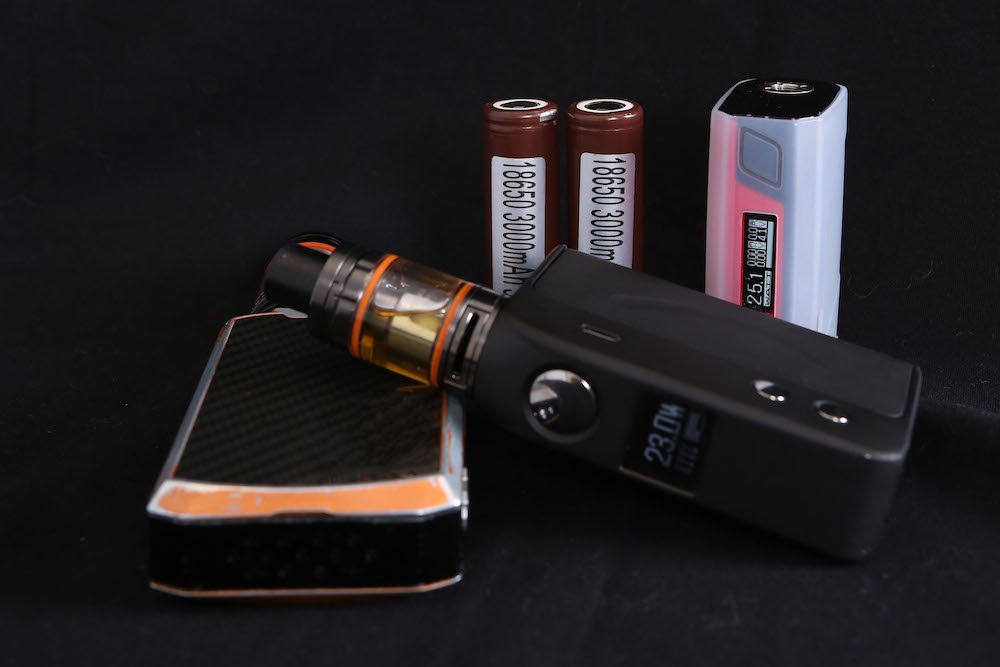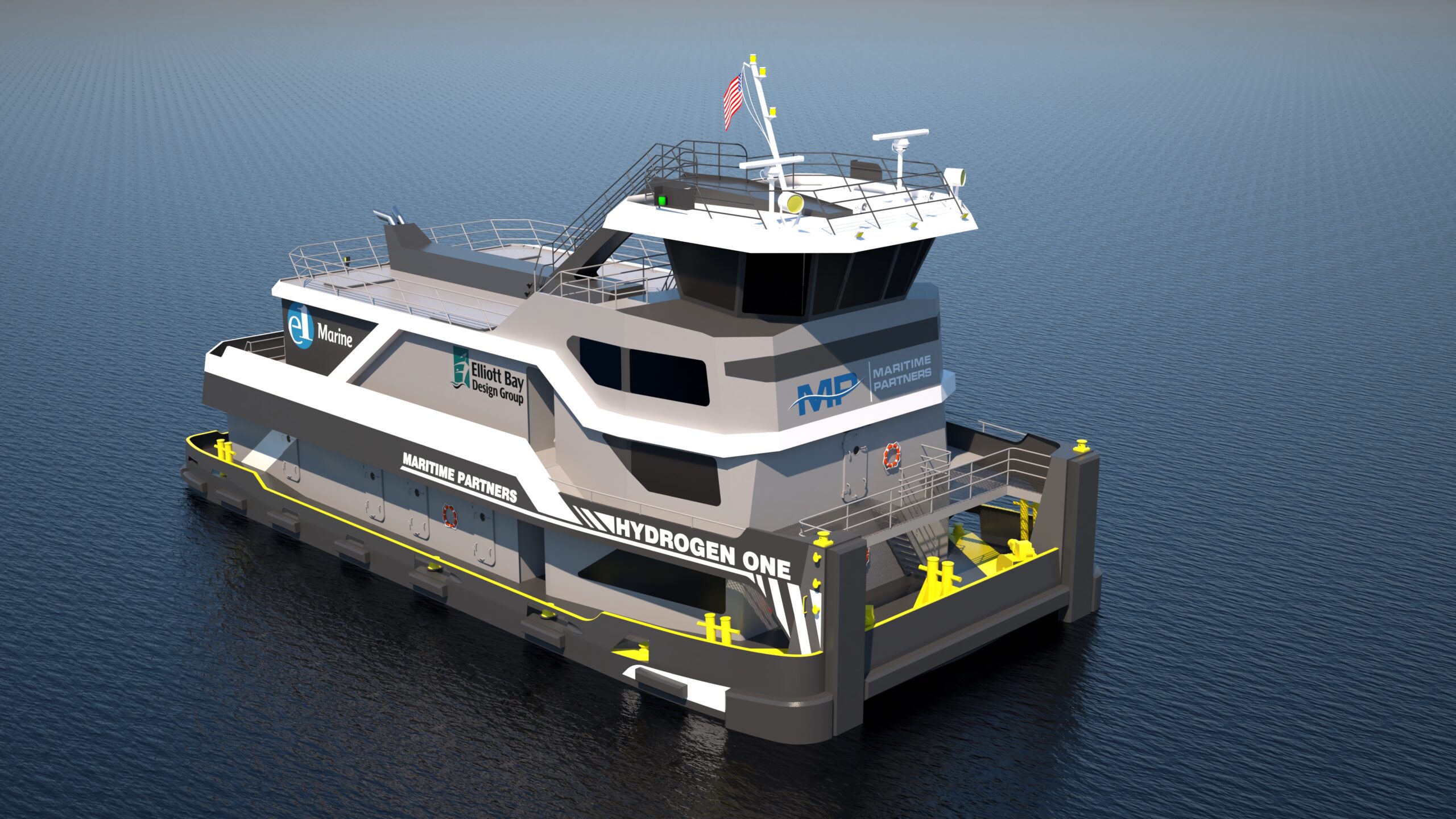The use, possession, storage, and charging of electronic nicotine delivery systems (ENDS) is temporarily prohibited aboard Navy ships, submarines, aircraft, boats, craft and heavy machinery pending completion of further analysis. The temporary prohibition is effective May 14, 2017. U.S. Navy Photo
E-cigarettes, vapes, vaporizers, those things you see people puffing down on just about anywhere that smell like cherries. Call them what you will, just don’t bring them on any U.S. Navy ships, subs, or aircraft.
That’s because on Friday the Navy announced a fleetwide ban of all Electronic Nicotine Delivery Systems (ENDS), applying to everyone. The U.S. Navy made the determination due to the risk of explosion of the devices’ lithium-ion batteries and the subsequent danger they pose to personnel.
The announcement temporarily prohibits all use, possession, storage, and charging of Electronic Nicotine Delivery Systems (ENDS) aboard all ships, submarines, aircraft, boats, craft and heavy equipment. The prohibition applies to Sailors, Marines, Military Sealift Command civilians and any personnel working on or visiting those units.
“This new policy is in response to continued reports of explosions of ENDS due to the overheating of lithium-ion batteries,” the Commanders of the U.S. Fleet Forces (USFF) and U.S. Pacific Fleet (PACFLT) said Friday in a joint message on Friday. “Multiple Sailors have suffered serious injuries from these devices, to include first- and second-degree burns and facial disfigurement. In these cases, injuries resulted from battery explosions during ENDS use, charging, replacement, or inadvertent contact with a metal object while transporting.”
The ban on the devices will become effective 30 days from today, on May 14, 2017, and will remain in effect until the Navy says it can make a final determination on their use following a thorough analysis. The message notes sailors on shore will still be allowed to use the devices, but can only do so in designated smoking areas while on military grounds.
For sailors currently deployed and in possession of the soon-to-be-prohibited devices, the Navy says units may request extensions for their removal until their next port visit. “Supervisors should ensure that removable lithium-ion batteries are removed from the units and stored according to the ENDS manufacturer instructions, in plastic wrap, in a plastic bag, or any other non-conductive storage container,” the Navy statement said.

 Join The Club
Join The Club











